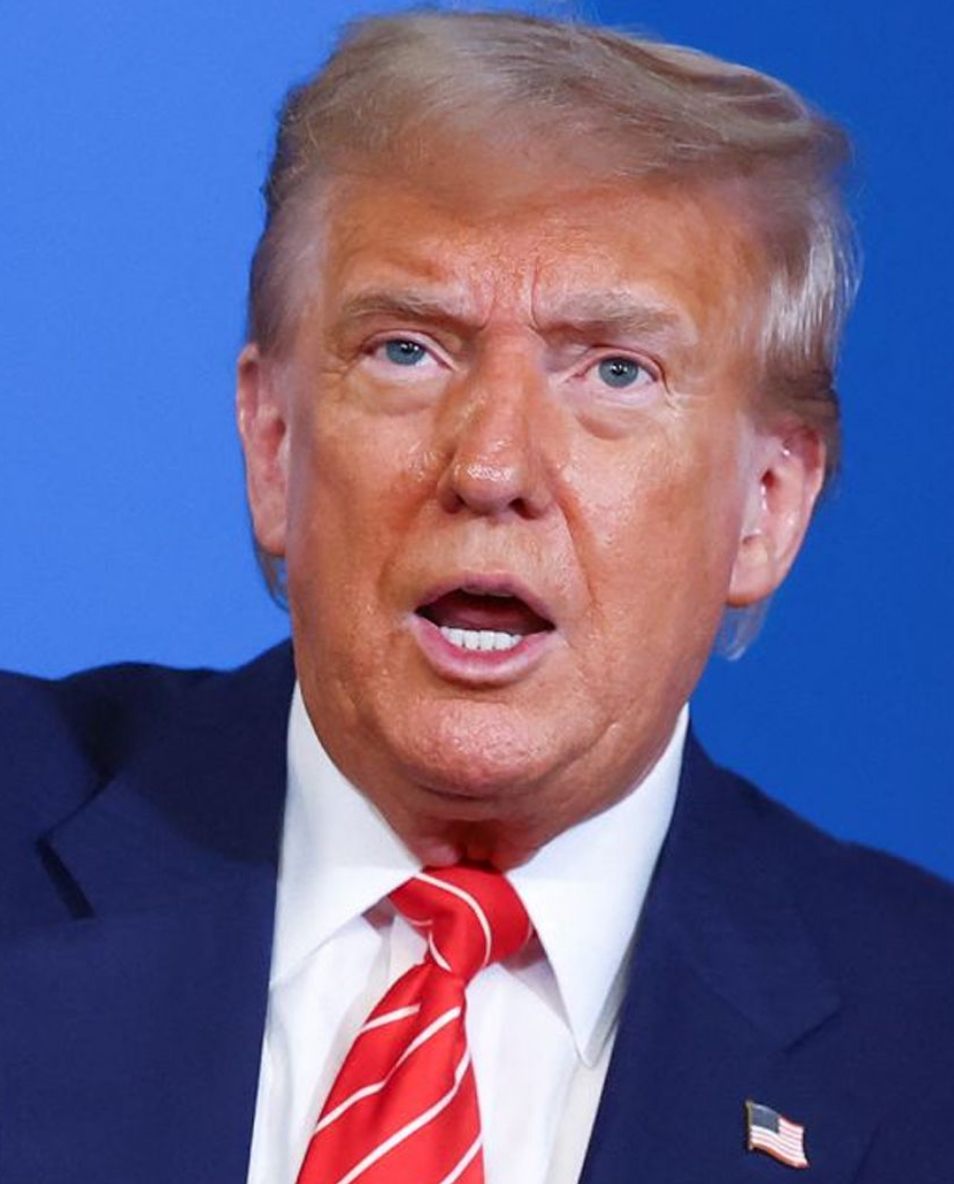NFL
“Amid Stable Ceasefire, Trump Rejects Intelligence Suggesting Strikes Only Delayed Iran’s Nuclear Program by Months, Labeling It ‘Highly Inconclusive’”

A fragile ceasefire in the Middle East appears to be holding, bringing a tentative calm to a region recently rocked by escalating tensions. However, former President Donald Trump has cast doubt on intelligence reports suggesting that recent military strikes on Iran’s nuclear facilities only delayed its nuclear program by a matter of months, calling the assessments “very inconclusive.”
Speaking at a press conference in Florida on Tuesday, Trump addressed the ongoing situation, emphasizing his skepticism about the effectiveness of the strikes. “I’ve seen the intelligence, and let me tell you, it’s very inconclusive,” Trump said. “They’re saying a few months’ delay, but we don’t really know what’s going on over there. Iran’s been playing this game for years, and we need to be smarter about it.”
The strikes, attributed to Israel with tacit U.S. support, targeted key Iranian nuclear facilities earlier this month, prompting fears of a broader regional conflict. Iran retaliated with missile attacks on Israeli military targets, but both sides have since agreed to a U.S.-brokered ceasefire mediated through backchannels in Qatar. The truce, now in its second week, has largely held, with no major violations reported by international monitors.
Intelligence assessments, leaked to major news outlets last week, suggested that while the strikes damaged Iran’s uranium enrichment capabilities, the setbacks were temporary. Analysts estimated that Iran could resume its nuclear activities within six to nine months, assuming no further disruptions. These reports have fueled debates in Washington about the efficacy of military action versus diplomacy in curbing Iran’s nuclear ambitions.
Trump, who has long advocated for a hardline stance against Iran, used the opportunity to criticize the Biden administration’s handling of the crisis. “They’re relying on bad intel and weak policies,” he claimed. “When I was president, we had Iran under control with maximum pressure. They couldn’t move without us knowing. Now, it’s a mess, and we’re supposed to believe these inconclusive reports?”
The Biden administration has defended its approach, with National Security Advisor Jake Sullivan stating on Monday that the ceasefire represents “a critical window to pursue diplomatic solutions.” Sullivan declined to comment directly on the intelligence assessments but stressed that the U.S. remains committed to preventing Iran from acquiring nuclear weapons.
In Tehran, Iranian officials have downplayed the impact of the strikes, with Foreign Minister Hossein Amirabdollahian asserting that the country’s nuclear program remains “fully intact” and is solely for peaceful purposes. Iran has repeatedly denied seeking nuclear weapons, though its enrichment of uranium to near-weapons-grade levels has alarmed Western powers.
The ceasefire’s durability remains uncertain, with both Israel and Iran maintaining heightened military alertness. Israeli Prime Minister Naftali Bennett warned on Sunday that Israel “reserves the right to act” if Iran resumes its nuclear activities. Meanwhile, hardliners in Iran’s parliament have called for withdrawing from the ceasefire, accusing the U.S. and Israel of using it to regroup for future attacks.
International observers have cautiously welcomed the pause in hostilities. “The ceasefire is a positive step, but it’s fragile,” said Maria Alvarez, a senior analyst at the International Crisis Group. “Both sides are deeply mistrustful, and any miscalculation could unravel it. The focus now should be on de-escalation and dialogue.”
Back in the U.S., Trump’s remarks have sparked renewed debate about the reliability of intelligence and the broader strategy toward Iran. Some Republican lawmakers echoed his skepticism, with Senator Ted Cruz (R-TX) calling for a “full review” of the intelligence community’s assessments. Democrats, however, accused Trump of undermining national security for political gain. “He’s playing games with a serious issue,” said Representative Adam Schiff (D-CA). “The intelligence is clear, and we’re working to keep Iran in check while avoiding a wider war.”
As the ceasefire holds, the international community watches closely, aware that the next few weeks could determine whether the region moves toward peace or slides back into conflict. For now, Trump’s doubts about the intelligence add another layer of complexity to an already volatile situation, raising questions about how the U.S. and its allies will navigate Iran’s nuclear ambitions in the months ahead.
LISPRINCE












